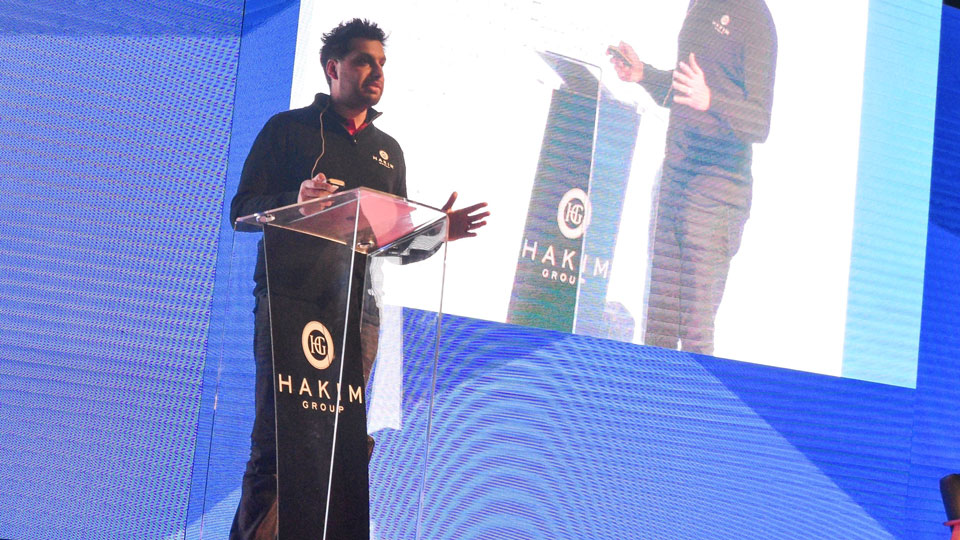- OT
- Life in practice
- Practitioner stories
- Coronavirus: on the ground in Darwen
On the ground
Coronavirus: on the ground in Darwen
Hakim Group operations director, Zubair Hakim, on serving key workers and the value of sight to vulnerable patients in isolation

Zubair Hakim
11 April 2020
As the coronavirus (COVID-19) pandemic transforms the way optometrists practise, OT is sharing the experiences of optometrists across the UK. If you, or a colleague, is interested in sharing your story, please get in touch by email.
In a nutshell
Location: Darwen
Years qualified: 13
Mode of practice: dispensing optician and Hakim Group operations director.
For key workers who require spectacles to be able to do their day job on the front line, we need to make sure that we are in the community and able to provide that service. For our elderly patients who are unable to be on their own at home without suitable provision for their eyewear, we are in regular contact to reassure them that they have an avenue for service. We see that as our duty and our obligation. During this period of time, people will have other problems with their sight that may be irreversible and can present in an acute manner. What we want to ensure is that those people are not neglected.
There is clear messaging on our website, from our staff on the phone and on our shop windows as to who should or shouldn’t be visiting the optometrist. If they do need to visit, we are making sure that all of our staff have adequate provisions to look after their health, with suitable infection control measures, as well as the health of the patient when they come in store. We are not recalling any routine patients.

The hospitals are focused on the COVID-19 challenge. If all practices shut and there was an increased demand on the hospital for conditions that could be looked after in the community, all we would be doing is putting more pressure on the NHS.
We will not compel anyone within the business, who is either at risk or who does not want to be in work, to come into practice. We are respecting the wishes of every colleague in the team, and it is a very finely balanced judgement call. There is no right or wrong, everyone’s circumstances are slightly different and should be treated as such.
It is really important that in a time of need, as primary care providers, we still do what is requested of us as long as we can do that safely
Patients who have been asked to reduce social interaction are more reliant on their eyes, their ears and their other senses. They are isolated from the outside world to a degree, and their interactions are limited. It is important for us to make sure these people can see and hear as well as possible.
It is really important that in a time of need, as primary care providers, we still do what is requested of us as long as we can do that safely. If all optical practices in the UK shut down that would compound the problem of increased demand on hospitals.
Zubair’s tips for staying well during the lockdown
Surround yourself with positive messages: There is a lot of negativity out there right now and it is important to keep motivated and concentrate on the little things that make our life fulfilling. Limit the time you spend watching or reading news coverage of the outbreak and only use trusted sources to obtain information to ensure you have a clear view of what is going on around us.
Focus on what you can control, not what you can’t: You'll be much more effective when you put your time and energy into the important things that you do have an impact on, including making sure those around you are safe, happy and secure.
Plan for the future: What happens after this period is over depends on the work you do now. Put plans in place that will leave you with peace of mind that normality can resume after the pandemic.
Take care of your mind as well as your body: Our usual day-to-day life is changing for a while and it would be easy to get lost in it all. We should use this time to create positive new routines.
Reconnect with a loved one: The time we have been given now is a gift, so don’t waste it. This is a chance for us to let those we love know we care about them. A simple text message or video call can make someone’s day and help them feel more connected at a time when they could be feeling alone.
- As told to Selina Powell.

Comments (0)
You must be logged in to join the discussion. Log in